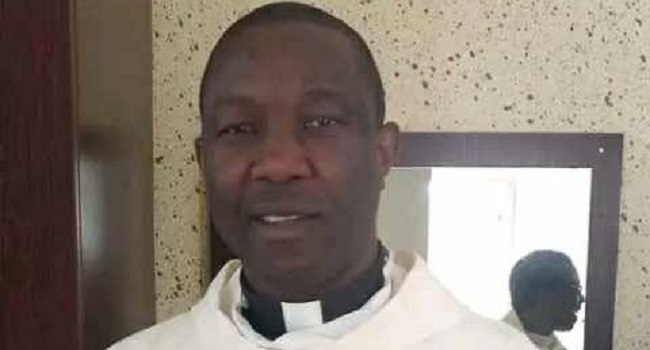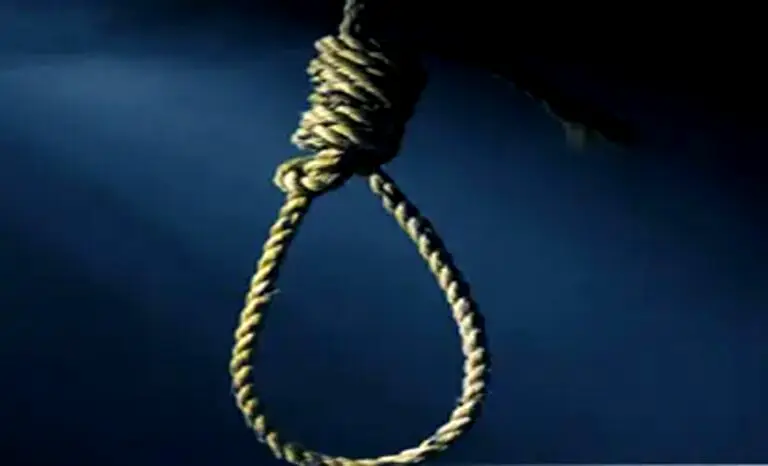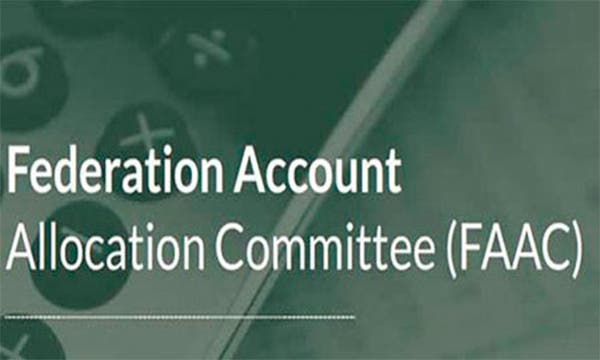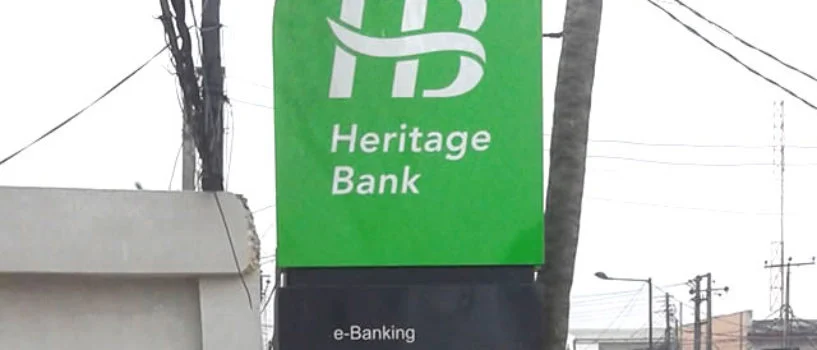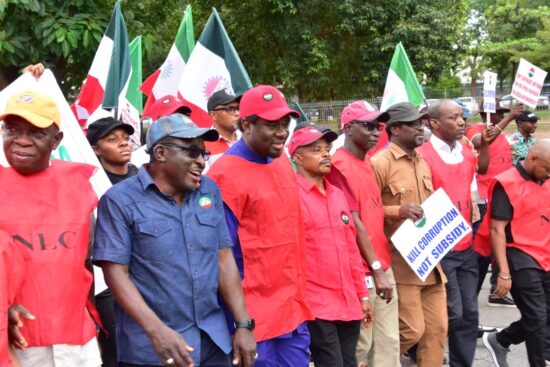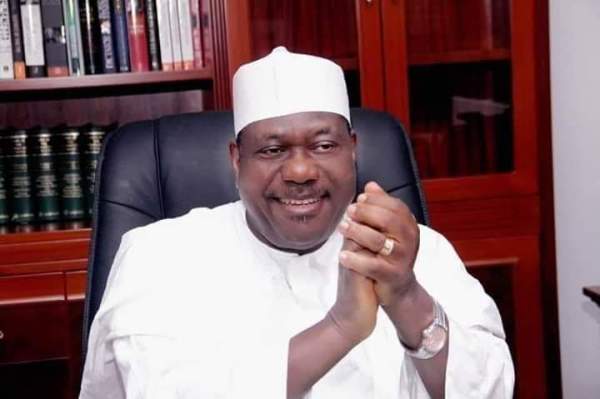Nigeria Governors’ Forum (NGF) says the federal government should stop the payment of electricity subsidies saying it is “ineffective”. The state governors made this known on Monday in a document seen by TheCable titled ‘Development of the National Integrated Electricity Policy & Strategic Implementation Plan: Policy Recommendations by State Governments to the Federal Ministry of Power’. “Electricity is a commodity and a product that must be paid for by consumers. The States believe that electricity subsidies and other forms of financial interventions in the power sector by the FG over the last 15 years have been inefficient and ineffective so far,” NGF said. “Rather than improve the quality and reliability of service, electricity subsidies in the sector have been applied to cover inefficient costs and lack of service by DisCos, TCN, GenCos and gas producers across the NESI.” Advertisement In the document, the state governments recommended a series of policies to tackle the challenges within the power sector. The recommendation comes at a time when regulatory authority is being transferred to states. In April, the Nigerian Electricity Regulatory Commission (NERC) transferred oversight of the electricity market in Ondo, Ekiti and Enugu to each state’s electricity regulatory bureau. According to the document, the states recommended that wholesale and retail electricity subsidies to customers and across the Nigerian Electricity Supply Industry (NESI) value chain be reduced and eventually eliminated over time. “Moreover, the so-called electricity subsidies benefit only customers who are connected to the national grid and enjoy some form of supply reliability. Millions of households, particularly in underserved and unserved communities, pay more than twice the average true cost of on-grid supply,” the states said. “The 2001 national electric policy recommended the restricted use of subsidies for the promotion of universal access to electricity. States agree with the retention of this policy. “To this end, States recommend that wholesale and retail electricity subsidies to customers and across the NESI value chain are reduced and eventually eliminated over time, except for pre-defined customer categories or in line with national economic growth initiatives. “Where electricity subsidies are deemed necessary, the States propose a cost-of service analysis which will be conducted by the state to determine the cost of supply and arising electricity subsidies for each state.” The NGF further said if subsidies must continue to be implemented as a specific policy of the federal government, there must be a provision for funding the subsidies before implementation. The forum also asked the federal government to be transparent and precise in its regulatory framework to determine the extent of subsidies required and the category(ies) of consumers that would be eligible to receive electricity subsidies. ‘NO METER- NO SERVICE IMPLEMENTATION’ The states advised the federal government to implement a “no-meter, no-service” policy for all new electricity connections. According to NGF, the provision of electricity meters to close the huge metering gap is a requirement to make sub-national markets viable. However, NGF said States Electricity Regulatory Commissions (SERCs) in conjunction with the distribution licensees should be allowed to determine the meter technology, type and form of meters to be deployed within their states’ electricity markets. “States are of the view that the national electricity policy should mandate an immediate “no-meter, no-service” policy for all new connections, to prevent the metering gap from further increasing,” NGF said. “The federal government is urged to provide low-cost, long-term funding for metering schemes as direct loans to distribution licensees or off-balance sheet funding through special purpose meter finance companies (or meter asset SPV companies) to close the metering gap, whilst also encouraging electricity customers to directly purchase prepaid meters from accredited meter asset providers and manufacturers accredited by the SERC. “States on their own will implement their viable metering programs and metering regulations to close the metering gap within their state electricity market.” In terms of electricity tariff, NGF said states will implement different end-user tariff methodologies within their markets according to the state electricity policies and strategic implementation plans, viability and market sustainability requirements and peculiar socio-economic characteristics in states. “However, states recommend that electricity tariffs should be both efficient and cost-reflective across the federation,” NGF said. “States urge the federal government to revert to the 2001 Electric policy recommendation on electricity tariffs regulation. “The national assembly and the federal government should allow NERC to independently carry out its regulatory functions of determining, approving, and implementing economic wholesale tariffs at the appropriate time, and not (politically) intervene in the tariff setting process.” In determining wholesale tariffs, NGF said NERC must also adhere to its regulations for tariff approvals and reviews, including the need to transparently hold consultative public hearings and mandatorily consult with SERC on wholesale tariff methodologies and tariff proposals by licensees of the commission.

